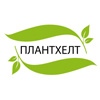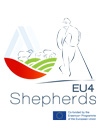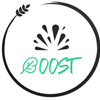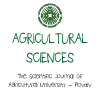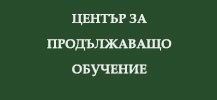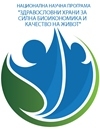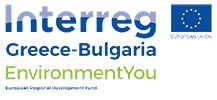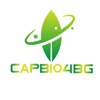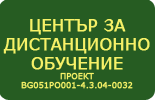Applied mathematics
|
Course title: |
Applied mathematics |
|
|
Course code: |
IFAMA |
|
|
ECTS: |
5 |
|
|
In-class hours |
Lectures: |
30 |
|
Laboratory work/Tutorials: |
30 |
|
|
Self-preparation hours |
Practical training: |
- |
|
Other: |
65 |
|
|
Total hours: |
125 |
|
|
Language: |
English |
|
|
Study cycle: |
BSc, Master, PhD |
|
|
Semester: |
Winter, summer |
|
|
Faculty: |
Faculty of Economics |
|
|
Name of the lecturer(s): |
Assoc. Prof. Velika Kuneva, PhD |
|
|
Mode of delivery: |
Face-to-face, distance learning |
|
|
Prerequisites: |
no |
|
|
Learning outcomes of the course unit: |
The purpose of the Applied Mathematics course is to provide theoretical knowledge and practical skills for applying a number of effective mathematical methods in the field of Economics and Agricultural sciences. The course includes Linear algebra, Analytic geometry, Method of the least square, and Regression models |
|
|
Course contents: |
1. Matrices and matrix operations 2. Determinants of order 2 and 3 order 3. The inverse of a matrix 4. Solving equations by matrix inversion 5. Systems of linear equations. Cramer’s formulas. 6. The Gaussian Elimination Method 7. Teaching matrices and determinants using MS Excel 8. N-dimensional vector space 9. Inner product of vectors 10. Method of the least square 11. Regression models |
|
|
Recommended or required reading: |
1. Anton, Howard (2005), Elementary Linear Algebra (Applications Version) (9th ed.), Wiley International 2. Leon, Steven J. (2006), Linear Algebra With Applications (7th ed.), Pearson Prentice Hall 3. C. Lay, Linear algebra and its applications, University of Maryland - College Park, 2003, http://www.laylinalgebra.com/f... 4. G. Strang, Linear algebra and its applications, 4th ed., Nelson Engineering, 2007, ISBN-13: 978-813-150-172-6 5. J. DeFranza, D. Gigliardi, Introduction to Linear Algebra with Applications, McGraw Hill, 2009, ISBN 978–0–07–353235–6 6. B. Kolman, D. Hill, Elementary Linear Algebra with Applications, 9th ed., Prentice Hall, 2007, ISBN-13: 978-0132296540 |
|
|
Planned learning activities and teaching methods: |
Monological explanation (lecture, presentation,briefing, tutorials), Dialogue methods(conversation,discussion,brainstorming) |
|
|
Assessment methods and criteria: |
Exercises evaluation, Written exam |
|
 - Events on the occasion of the 80th anniversary of AU
- Events on the occasion of the 80th anniversary of AU
